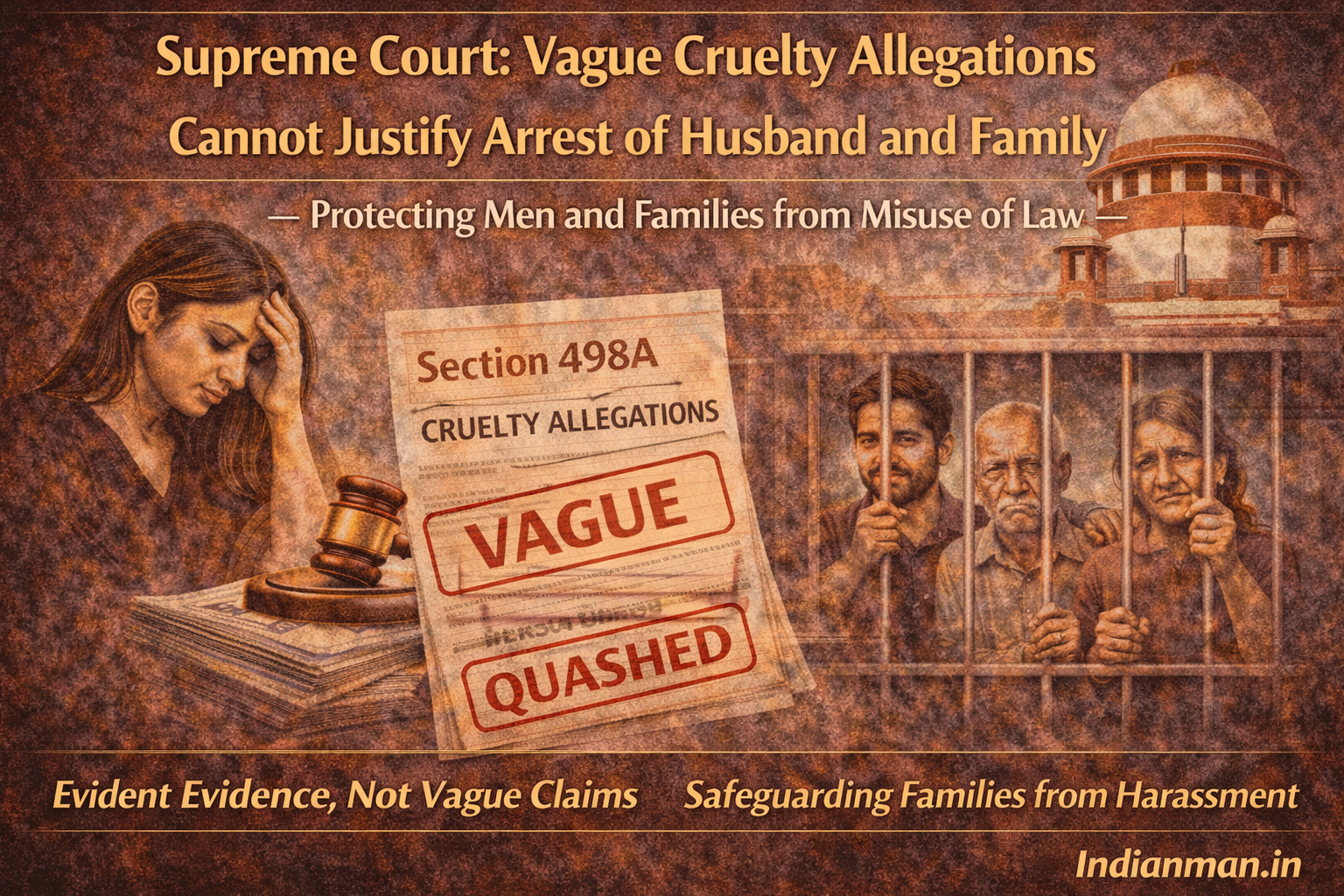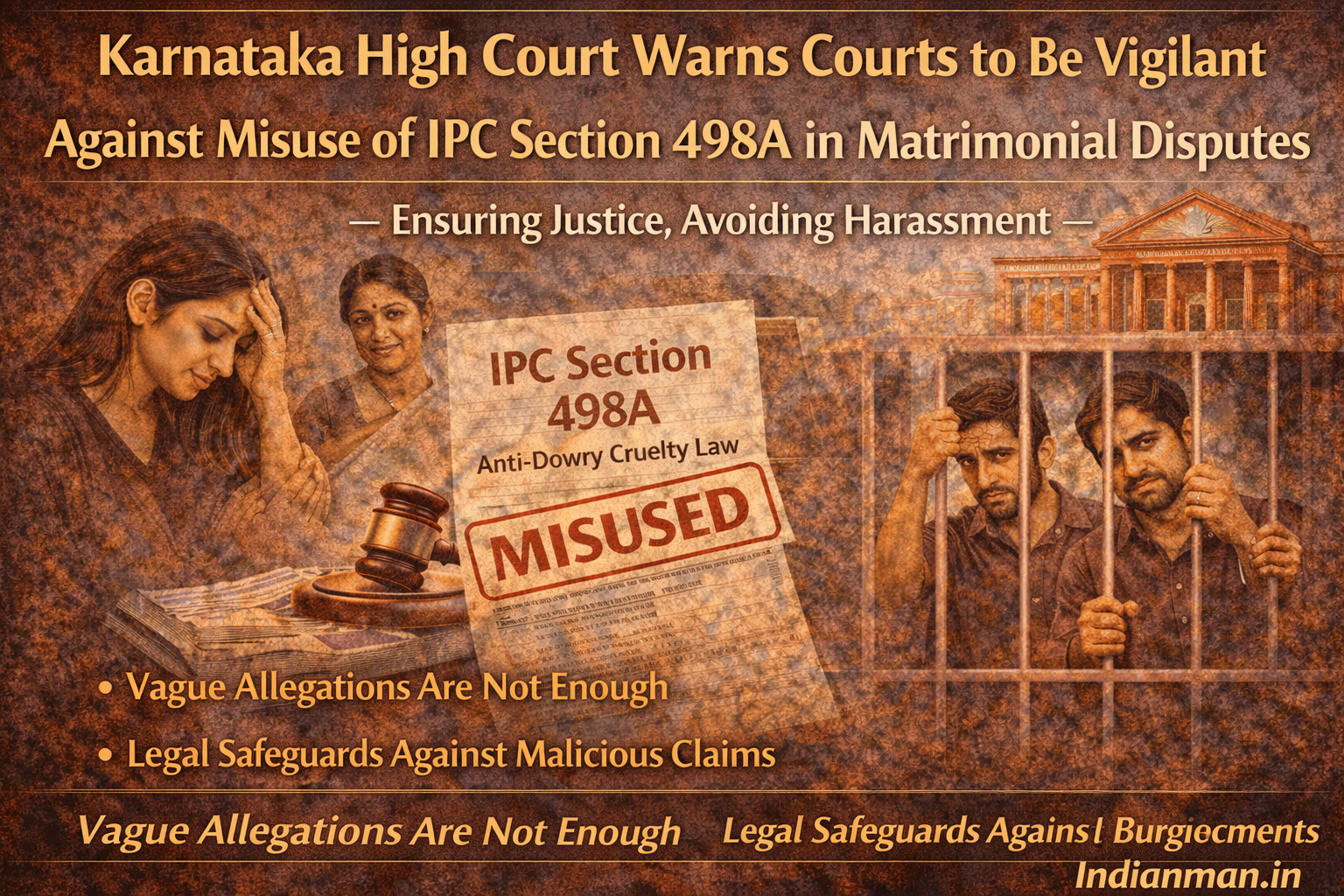Allahabad High Court Grants Relief to Sisters-in-Law in Dowry Case
The Allahabad High Court has ruled in favor of two sisters-in-law accused under Section 498A IPC, stating that they should not be considered beneficiaries of dowry demands. The decision came after they challenged a lower court order that rejected their discharge application.
Background of the Case
The case was initiated in August 2004 when the complainant, Alka Rani, filed an application under Section 156(3) CrPC before the Judicial Magistrate, Gorakhpur. She alleged that after her marriage to Rajesh Agarwal in April 2002, she was subjected to matrimonial cruelty and dowry harassment by her in-laws, including her mother-in-law, brother-in-law, and sisters-in-law (Lakshmi Poddar and Sunita Tulsyan).
The complaint also stated that her in-laws pressured her to abort her pregnancy. Following an investigation, the court summoned the accused under Sections 498A, 323, 504, 506, and 406 IPC, along with Sections 3/5 of the Dowry Prohibition Act.
Sisters-in-Law Challenge the Charges
In October 2022, the sisters-in-law filed a discharge application under Section 245 CrPC, claiming they were falsely implicated. They argued that at the time of the alleged offense, they were already married and living separately—one in Calcutta and the other in Thane. However, the lower court dismissed their plea, citing sufficient evidence against them.
Challenging this decision, they moved a revision plea, asserting that the accusations were general and baseless, intended only to harass them because they were related to the complainant’s husband.
High Court’s Ruling
The Allahabad High Court took note of several key factors, including:
- The sisters-in-law were already married before their brother’s wedding.
- The complainant alleged they used to visit her home and physically assault her, yet no medical evidence was provided.
- The Supreme Court’s past judgments in Kahkashan Kausar vs. State of Bihar (2022) and Geeta Mehrotra vs. State of U.P. highlight the misuse of Section 498A IPC, where entire families are accused based on general allegations.
Court’s Final Decision
The High Court ruled that the lower court failed to assess the probability of false accusations. Given that the sisters-in-law lived far away, their direct involvement in dowry harassment was questionable. The court allowed the revision plea and ordered a fresh hearing of their discharge application.
Conclusion
This judgment underscores the misuse of dowry laws and the need for courts to carefully examine evidence before implicating distant relatives. The decision sets an important precedent for ensuring fairness in matrimonial disputes.
Be a part our social media community:
Facebook: https://www.facebook.com/IndianMan.in?mibextid=ZbWKwL
Instagram:
https://www.instagram.com/indianman.in?igsh=MWZ2N3N0ZmpwM3l3cw==



